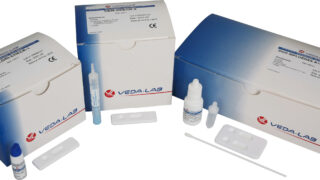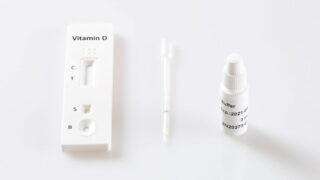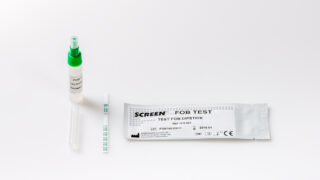Categories

AFP Rapid Test
Alpha-fetoprotein (AFP) is a protein produced in the liver and yolk sac of a developing fetus. It serves as a biomarker in medical diagnostics, often associated with liver and certain testicular cancers. Healthcare professionals use AFP blood tests to monitor these conditions.
Product information
The AFP (Alpha-fetoprotein) test is a rapid qualitative assay for the detection of human AFP in serum, plasma or whole blood.
Advantages of AFP test
- Easy to perform
- No complex sample collection needed
- Accurate test result
General information
Alpha-fetoprotein (AFP) is a single-chain glycoprotein with a molecular weight of approximately 70,000. It is produced by the fetal yolk sac and proximal structures of the liver and gastrointestinal tract. In the human fetus, AFP is a major serum protein which reaches a level of several milligrams per milliliter at week 12 of gestation and then drops to trace concentration in normal non pregnant adult.
The clinical value of AFP as a tumor marker was not immediately appreciated because the assays used for quantitation were not sensitive enough to detect the nanogram amounts associated with early disease. As more sensitive radioimmune assays became available, the utility of AFP as a tumor marker became increasingly apparent.
Marked increases are found in malignant tumors in childhood, such as hepatoblastomas and nephroblastomas and in hepatocellular carcinoma and certain testicular tumors in adults. Less commonly, malignant tumors of the gastro intestinal tract and other organ systems with massive hepatic metastases are associated with increased concentrations of AFP in serum.
The AFP Rapid Test is a rapid qualitative assay for the detection of human AFP in serum, plasma or whole blood. The method employs an unique combination of monoclonal-dye conjugate and polyclonal solid phase antibodies to identify AFP in the test samples with a high degree of specificity.
As the test sample flows through the absorbent device, the labelled antibody-dye conjugate binds to the AFP forming an antibody-antigen complex. This complex binds to the anti-AFP antibody in the positive reaction zone and produces a pink-rose color band when AFP concentration is greater than 10 ng/mL.
In the absence of AFP, there is no line in the positive reaction zone. The reaction mixture continues flowing through the absorbent device past the reaction zone and control zone. Unbound conjugate binds to the reagents in the control zone producing a pink-rose color band, demonstrating that the reagents are functioning correctly.
Test procedure
- Allow samples and AFP-Check-1 test devices to come to room temperature prior to testing.
- Remove the reaction device from its protective wrapper by tearing along the split.
- Label device with the patient’s name or control number.
- Fill the serum dropper with specimens (serum or plasma) and by holding it vertically, dispense one drop (25 μL) into sample well. If the whole blood is used, dispense two drops (50 μL) into the sample well and wait for the whole blood sample to be completely absorbed before adding diluent.
- Add exactly 5 or 6 full drops of diluent (200 μL) in the sample well.
- Read the results after 10 to 15 minutes.
Interpretation of the results
Negative result: Only one colored band appears on the control zone (C).
Positive result: Two clearly distinguishable lines appear (T and C).
Invalid result: If there is no distinct color band visible in the test and control windows, the test is inconclusive. It is recommended in this case to repeat the test.
| Product name | AFP Rapid Test |
|---|---|
| Detection | Alpha-fetoprotein (AFP) |
| Type | |
| Sample Type | |
| Pack Size | |
| Format | |
| Analyte Detection |
Related products
-
Medical Tests
FOB Rapid Test
Price requestThe Fecal Occult Blood (FOB) test, as a stool test, is used to detect the presence of hidden or occult blood in the feces. This test is vital for identifying gastrointestinal bleeding and potential issues such as colorectal cancer, polyps, or other digestive disorders. The test enables the early detection of colorectal health problems, which can lead to timely medical intervention and improved outcomes.
-
Heart Markers
Myoglobin Rapid Test
Price requestThe myoglobin test is a blood test that measures the levels of myoglobin, a muscle protein, in the bloodstream. This test is used to diagnose muscle damage, particularly in the context of heart attacks or muscle injuries. Elevated myoglobin levels can indicate muscle injury or heart muscle damage, helping healthcare professionals with diagnosis and treatment decisions.
-
Medical Tests
Vitamin D Rapid Test
Price requestA vitamin D test is a blood test that measures the levels of vitamin D in the bloodstream. This test is used to assess an individual’s vitamin D status, which is essential for bone health, immune function, and overall well-being. The test helps to diagnose vitamin D deficiencies or excesses and guide appropriate supplementation or treatment. It’s a valuable tool in maintaining optimal health.
-
Medical Tests
FOB Rapid Test SC
Price requestThe Fecal Occult Blood (FOB) test, as a stool test, is used to detect the presence of hidden or occult blood in the feces. This test is vital for identifying gastrointestinal bleeding and potential issues such as colorectal cancer, polyps, or other digestive disorders. The test enables the early detection of colorectal health problems, which can lead to timely medical intervention and improved outcomes.

 Drug Test
Drug Test Heart Markers
Heart Markers Hormone Tests
Hormone Tests Medical Tests
Medical Tests Microbiology
Microbiology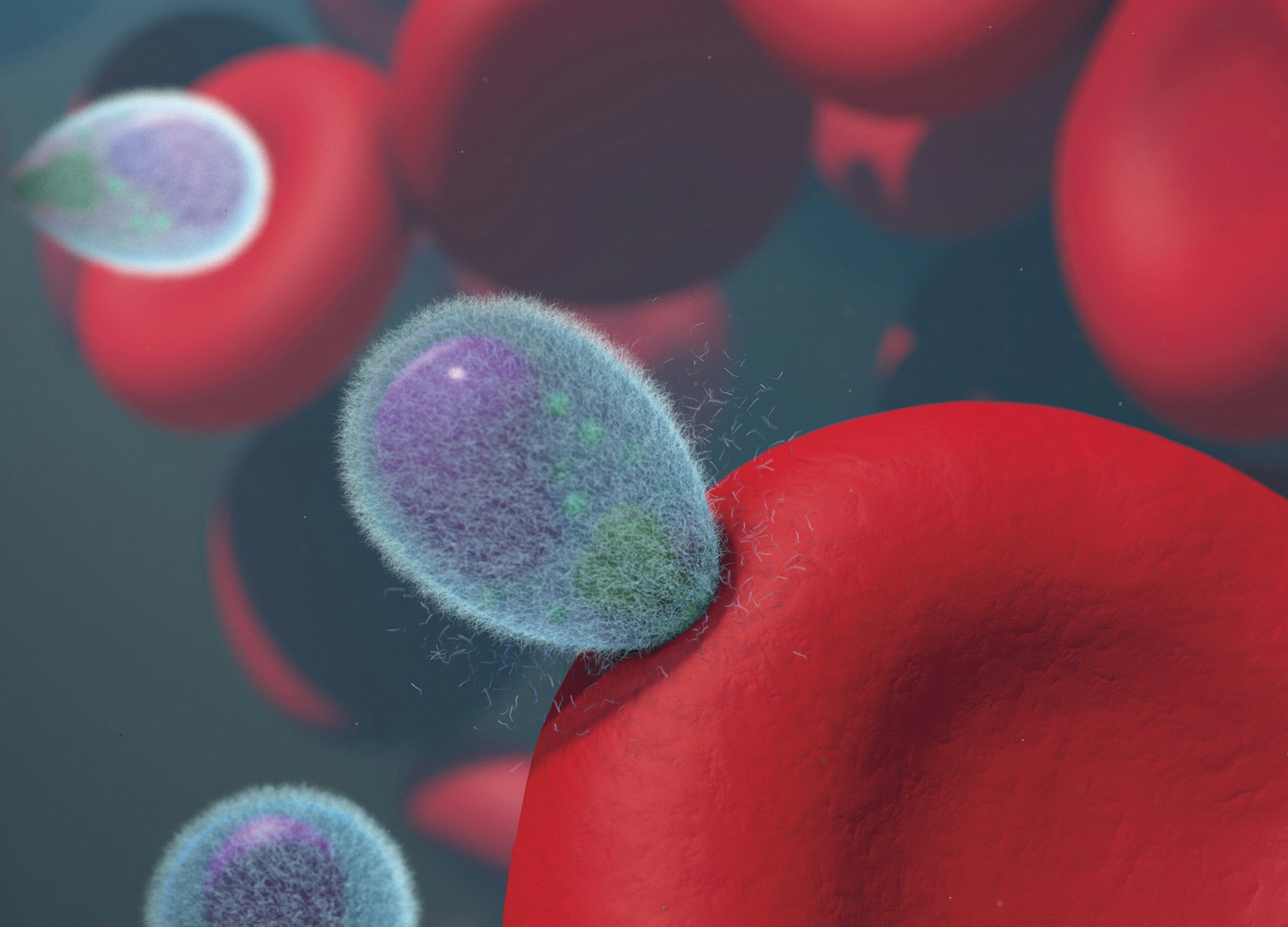 Parasite Infection
Parasite Infection Proteins and Inflammatory Markers
Proteins and Inflammatory Markers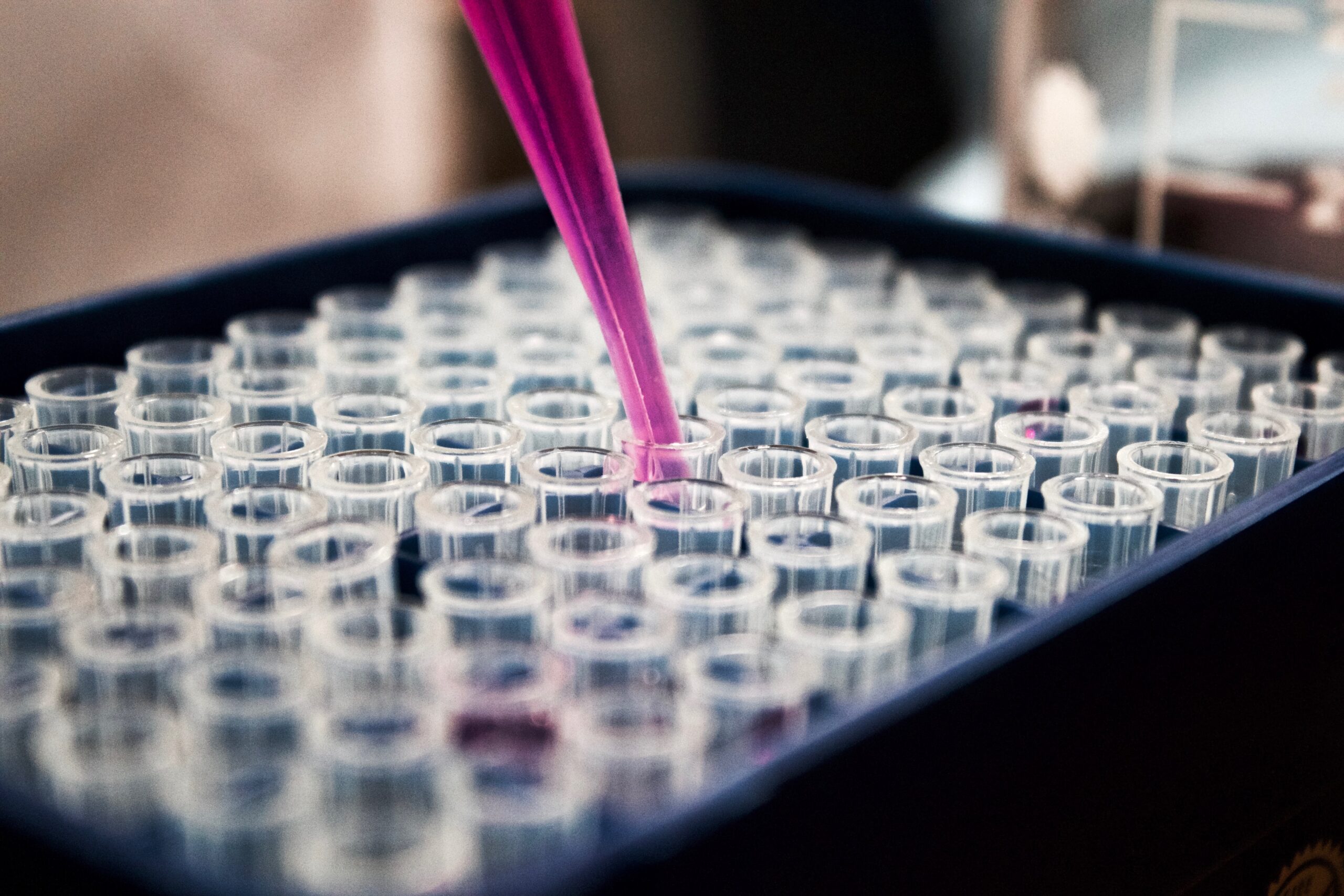 Qualitative Controls
Qualitative Controls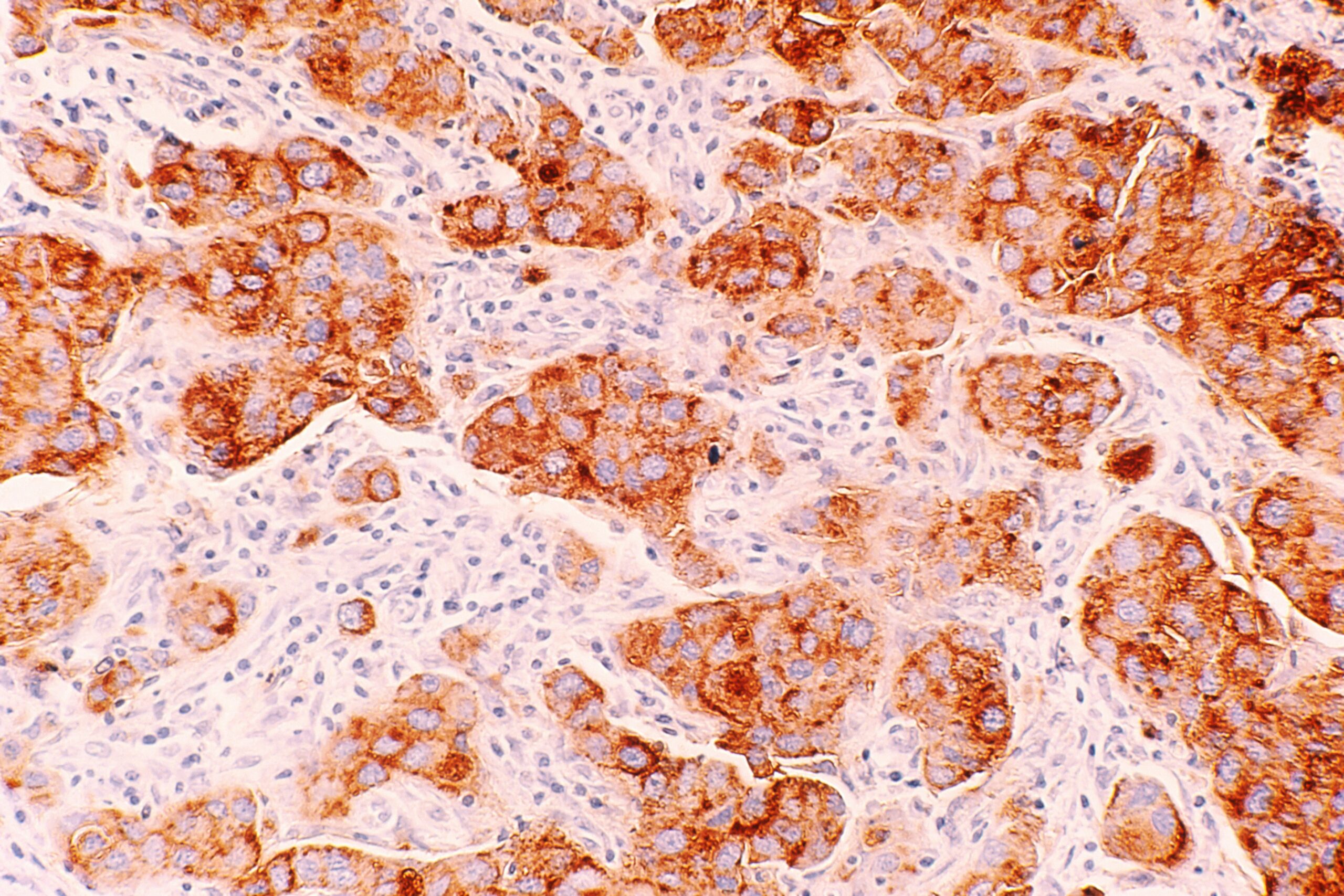 Tumor Marker
Tumor Marker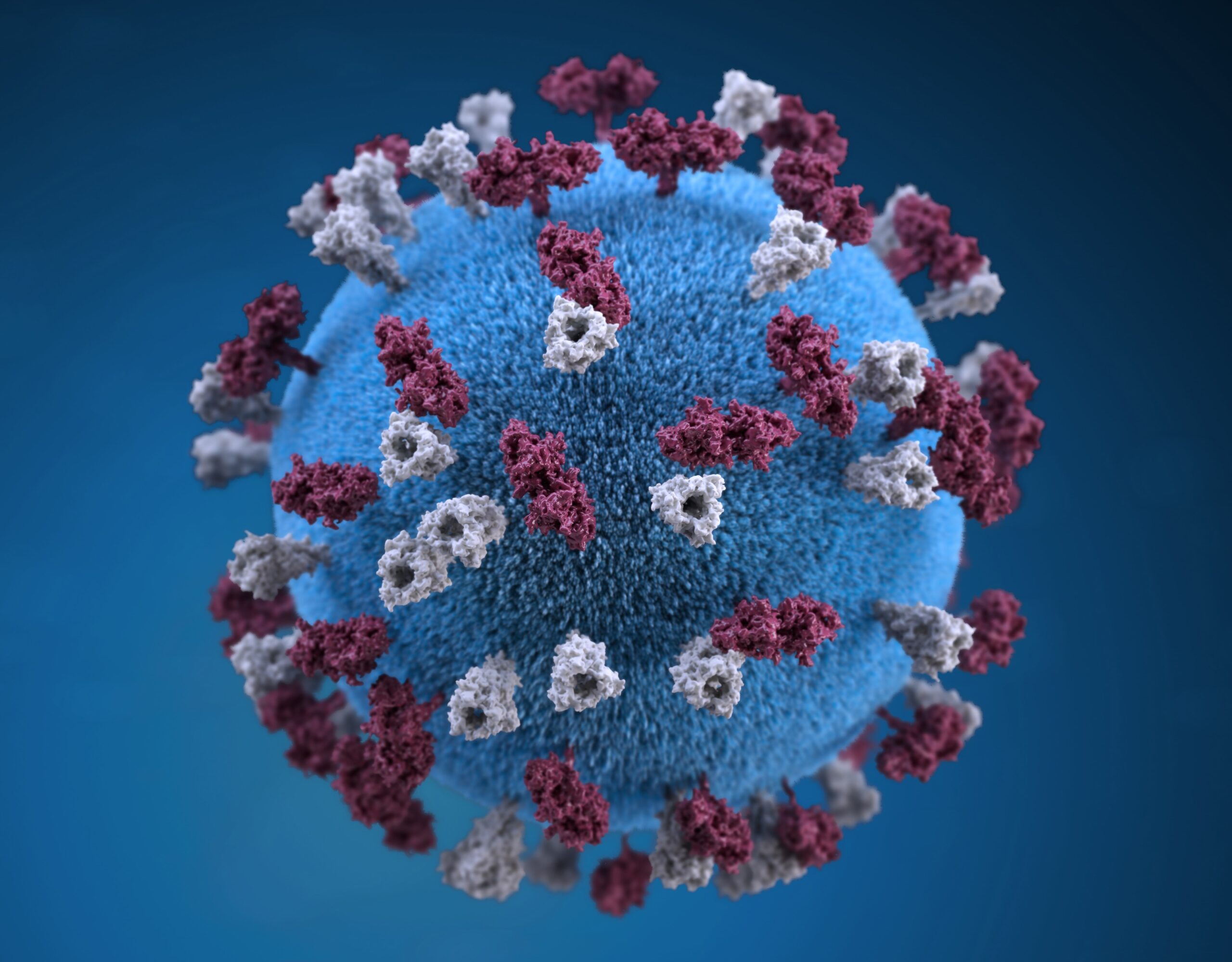 Viruses
Viruses
